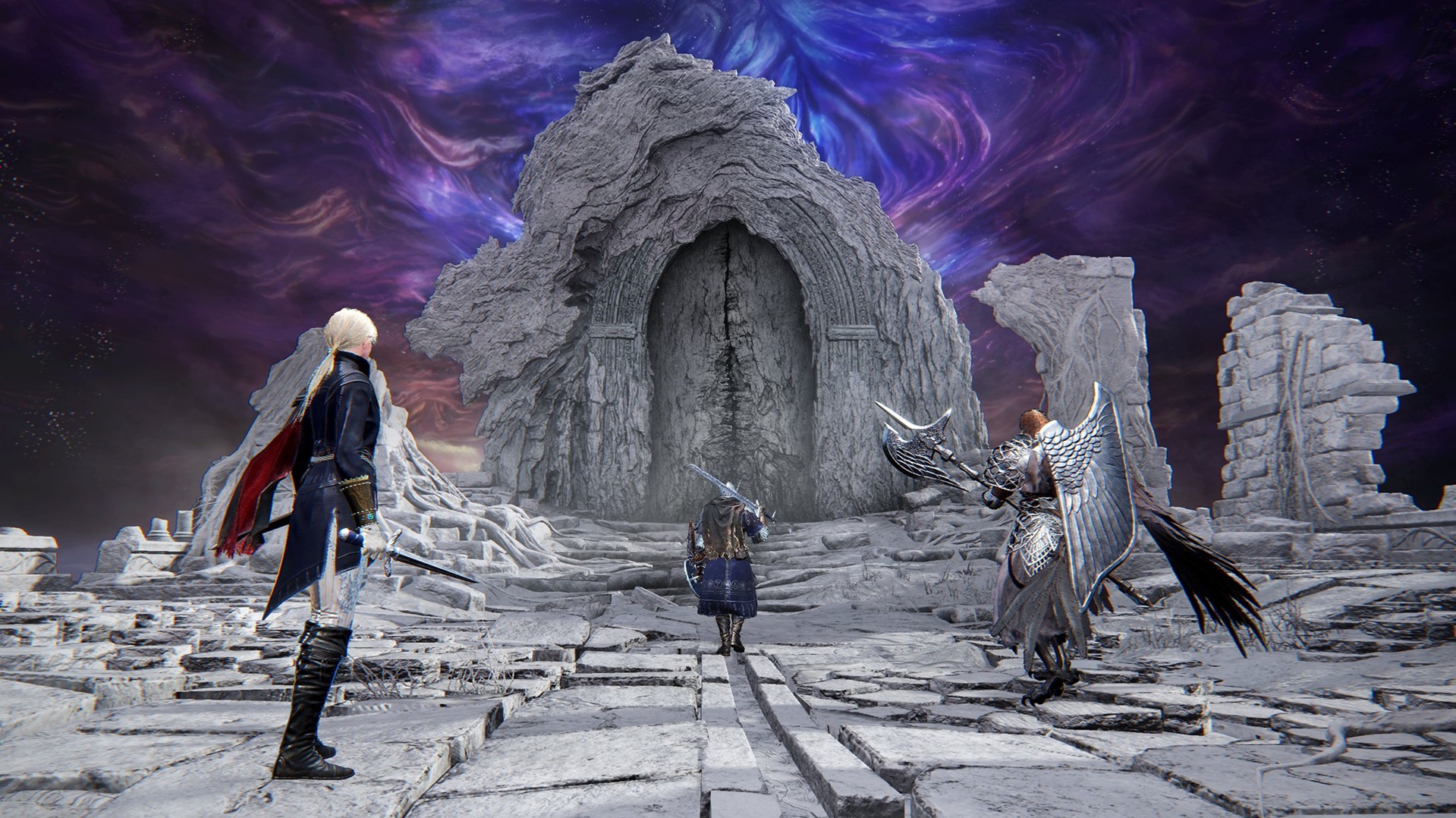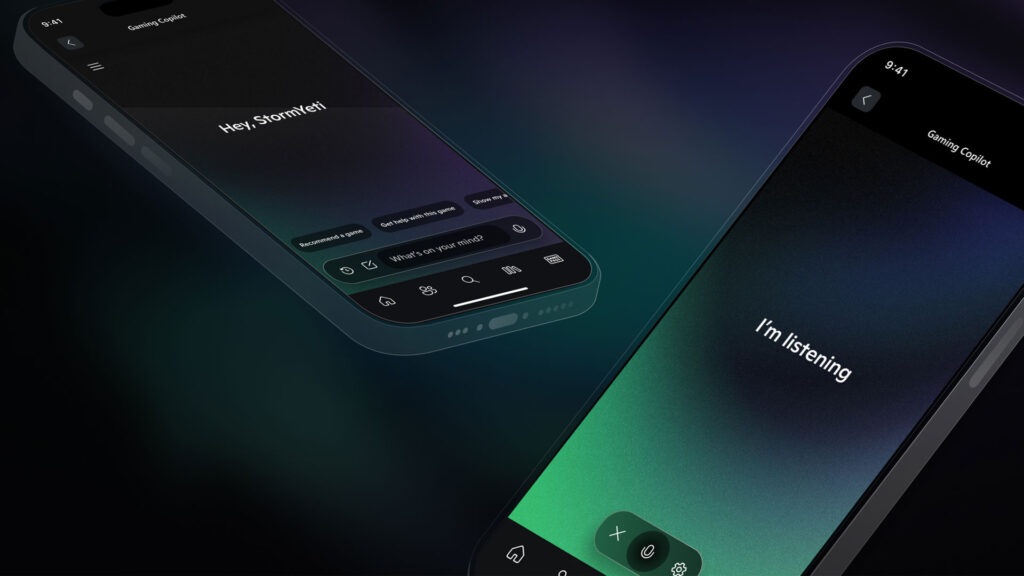## Xbox’s Pocket Powerhouse: Dreams Deferred?
Remember those tantalizing whispers of a portable Xbox, a pocket-sized powerhouse ready to unleash console-quality gaming anywhere? Well, grab your controller and brace yourselves, gamers, because those dreams might be on hold.


The Future of Xbox Handhelds: A Cloud-First Strategy?
Software Enhancements:

While Microsoft’s internal Xbox handheld has been sidelined for now, the company is doubling down on improving the gaming experience on Windows 11. This signals a strategic shift towards a more integrated approach between Xbox and Windows, recognizing the growing importance of PC gaming. Microsoft is collaborating with hardware partners like ASUS to enhance the performance and functionality of Windows 11 for gaming, ensuring a smoother and more enjoyable experience for players on devices like the ASUS ROG Ally and Lenovo Legion Go.
Microsoft’s Long-Term Vision:
Despite the setback, Microsoft remains committed to developing its own handheld. Sources close to Gamestanza indicate that the company views handheld gaming as a crucial component of its future strategy. While the immediate focus has shifted to third-party partnerships, Microsoft’s long-term vision still includes a native Xbox handheld experience.
Next-Gen Cloud Systems:
A key aspect of Microsoft’s handheld strategy lies in its substantial investments in next-generation cloud gaming infrastructure. These advancements aim to bring Xbox Cloud Gaming (xCloud) closer to parity with leading competitors like GeForce Now, offering low latency and high-quality streaming for a seamless gaming experience. This cloud-first approach recognizes the limitations of traditional handheld hardware and leverages the power of Microsoft’s cloud network to deliver a more versatile and accessible gaming platform.
The Steam Deck Factor:
The success of the Steam Deck has undoubtedly influenced Microsoft’s thinking. The Steam Deck’s popularity showcases the growing demand for portable PC gaming and highlights the potential of a handheld device running a full desktop operating system. This has likely prompted Microsoft to re-evaluate its own handheld plans, considering the strengths and weaknesses of both native and cloud-based approaches.
What This Means for Gamers
Delayed Gratification:
Gamers hoping for a native Xbox handheld in the near future may experience a slight delay. However, this shift in priorities doesn’t necessarily signal the demise of Microsoft’s handheld ambitions. Instead, it suggests a more measured approach, focusing on refining the underlying technology and exploring new partnerships before launching a flagship device.
Third-Party Opportunities:
The partnerships with ASUS and potentially other manufacturers could lead to a wider range of Xbox-compatible handhelds. This opens up exciting possibilities for gamers, offering more choices in terms of design, features, and price points. It could also foster innovation within the handheld gaming space, driving competition and ultimately benefiting consumers.
The Evolving Gaming Landscape:
Microsoft’s strategic shift reflects the rapidly changing landscape of gaming. Cloud gaming and PC gaming are becoming increasingly important, and Microsoft is positioning itself to be a leader in both areas. This move towards a more cloud-centric approach may eventually lead to a future where handheld gaming is less reliant on powerful hardware and more focused on accessibility and convenience.
Conclusion
So, there you have it. While the dream of a dedicated Xbox handheld remains tantalizingly close, Windows Central’s report paints a picture of a project that’s, at least for the time being, on hold. The rumored “Project Keystone” seems to have hit a snag, facing challenges in both its hardware and software development. The decision to prioritize the cloud gaming infrastructure, xCloud, over a dedicated device suggests Microsoft is doubling down on its strategy of bringing Xbox to any screen, rather than focusing on a specific hardware platform. This news sends ripples throughout the gaming landscape. For avid handheld enthusiasts, the delay is undoubtedly a disappointment, dashing hopes for a powerful portable gaming companion. For Microsoft, it’s a strategic shift that prioritizes flexibility and accessibility over a potentially niche product. The future implications are fascinating. Will xCloud’s continued evolution eventually render a dedicated handheld obsolete? Or will the demand for a more traditional portable gaming experience eventually force Microsoft’s hand? Only time will tell. One thing is certain, however: the battle for the future of handheld gaming is far from over.
